The power of making war often prevents it, and in our case would give efficacy to our desire of peace
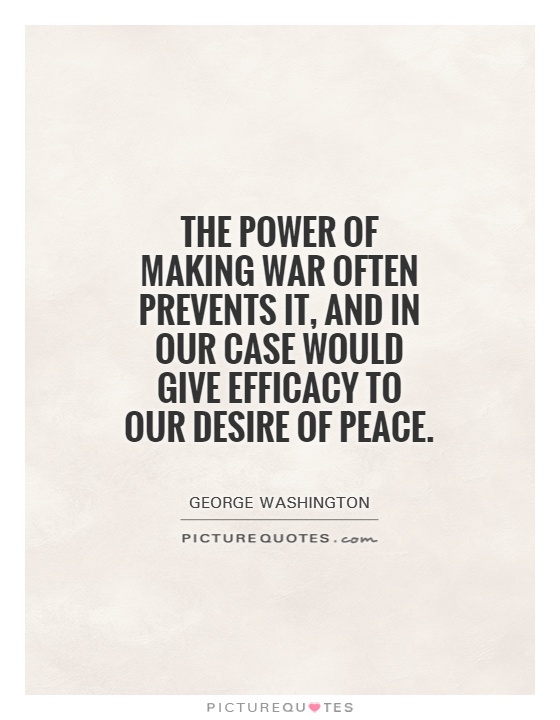
The power of making war often prevents it, and in our case would give efficacy to our desire of peace
George Washington, the first President of the United States, was a firm believer in the power of diplomacy and negotiation in maintaining peace. He understood that the threat of war could often be more effective in preventing conflict than actually engaging in battle. In his famous Farewell Address in 1796, Washington emphasized the importance of avoiding entangling alliances and remaining neutral in foreign conflicts. He believed that by demonstrating strength and readiness for war, the United States could effectively deter aggression and promote peace.Washington's approach to foreign policy was shaped by his experiences during the American Revolutionary War. As the commander-in-chief of the Continental Army, he witnessed firsthand the devastating consequences of war and the importance of diplomacy in resolving conflicts. He understood that war should always be a last resort and that peaceful negotiations were often the best way to achieve long-term stability and prosperity.

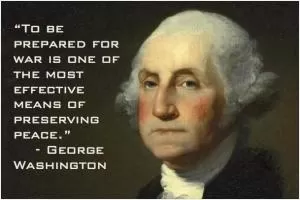
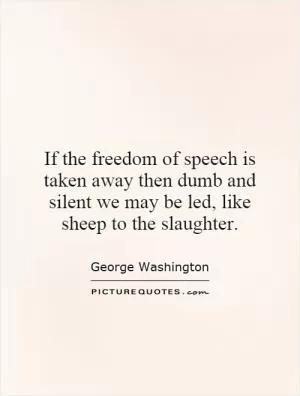
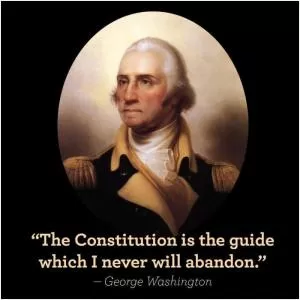
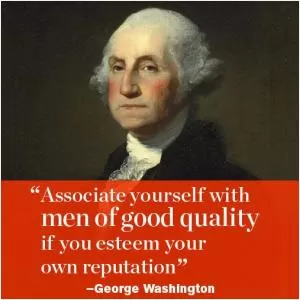
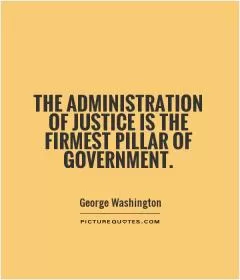
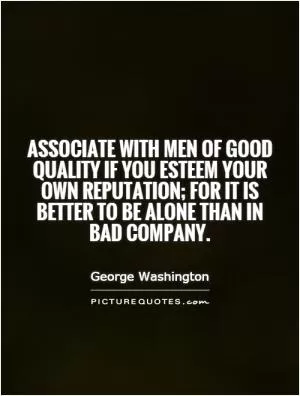
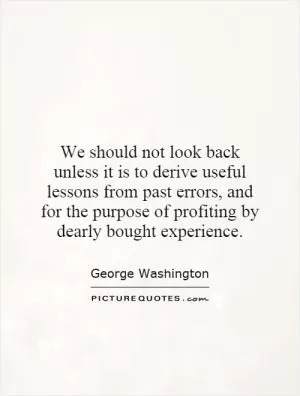
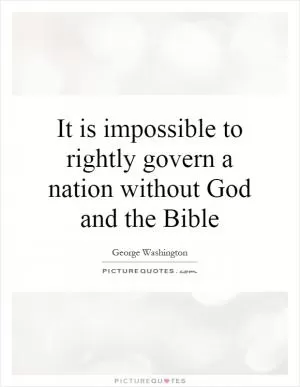
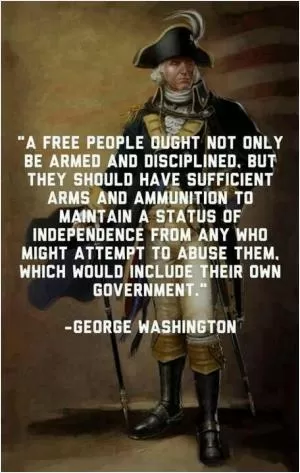
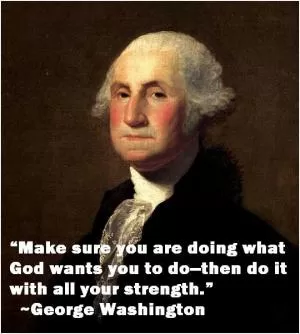
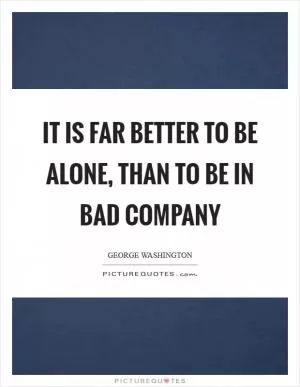
 Friendship Quotes
Friendship Quotes Love Quotes
Love Quotes Life Quotes
Life Quotes Funny Quotes
Funny Quotes Motivational Quotes
Motivational Quotes Inspirational Quotes
Inspirational Quotes